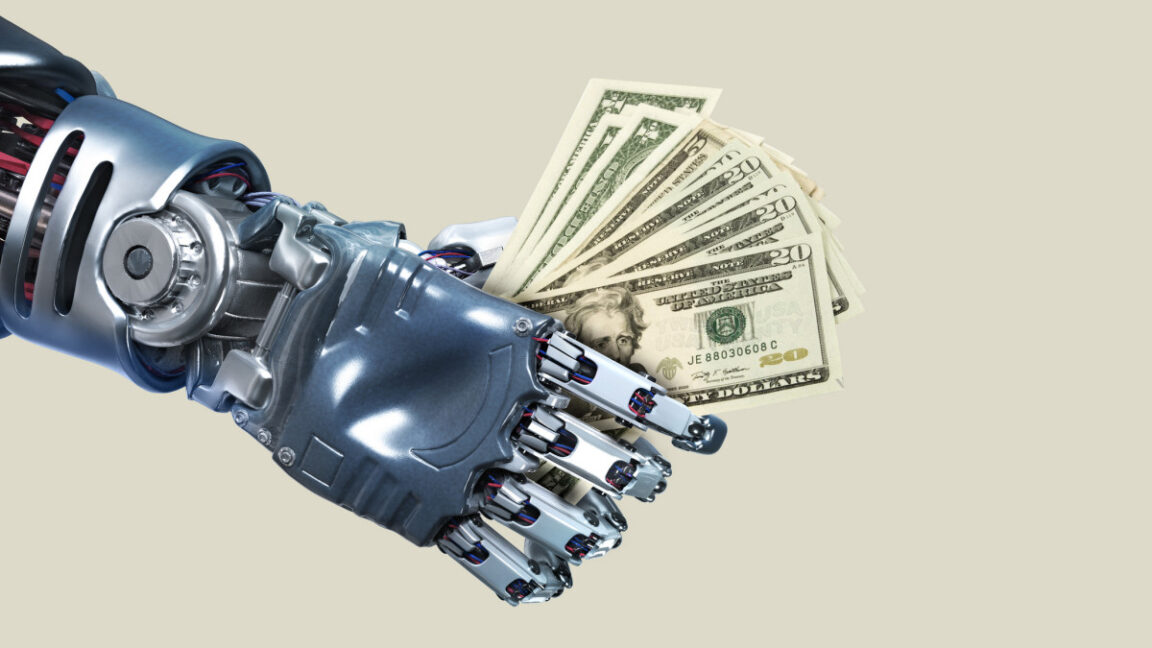Historic Competition: AI Talent War Redefines Compensation

The battle for AI talent in Silicon Valley has escalated to unprecedented financial heights, overshadowing the funding for some of the 20th century's most significant scientific endeavors. Recently, an AI researcher was offered a staggering compensation package of $250 million over four years by Meta. This translates to potentially $100 million in the first year alone, setting a new record for tech compensation.
Reports indicate that this researcher co-founded Vercept and previously led the development of a unique AI system at the Allen Institute. Additionally, an anonymous engineer reportedly declined a $1 billion multi-year offer from Meta, highlighting the extreme stakes involved in acquiring talent poised to drive the creation of artificial general intelligence (AGI).
The pursuit of AGI is grounded in the potential dominance in markets that could be worth trillions. Companies like Meta, Google, and OpenAI are investing vast resources, hoping to be the first to achieve this technological breakthrough. This situation has triggered an inflation in compensation, dwarfing salaries from historical scientific projects, such as the Manhattan Project, where the iconic J. Robert Oppenheimer was compensated around $10,000 annually.
In modern comparisons, even leading sports contracts fall short. AI researchers are commanded salaries that surpass some of the biggest athletes. The rationale behind these astronomical figures hinges on the potential paradigm shift that AGI could bring—reshaping the economy and workforce, much like innovations past sculpted their eras.
Amidst this backdrop, Silicon Valley's narrative intertwines with legendary projects but reflects an era where the stakes and incentives reach remarkable scales. Whether it's a prudent bet or speculative frenzy, the AI talent war paints a vivid contrast to past technological pursuits.
While the race to superintelligence intensifies, it spells a transformative period for technology and its influence on our lives. The potential of machines matching or exceeding human intellect promises a new era of innovation, but also brings questions of its implications on society.



